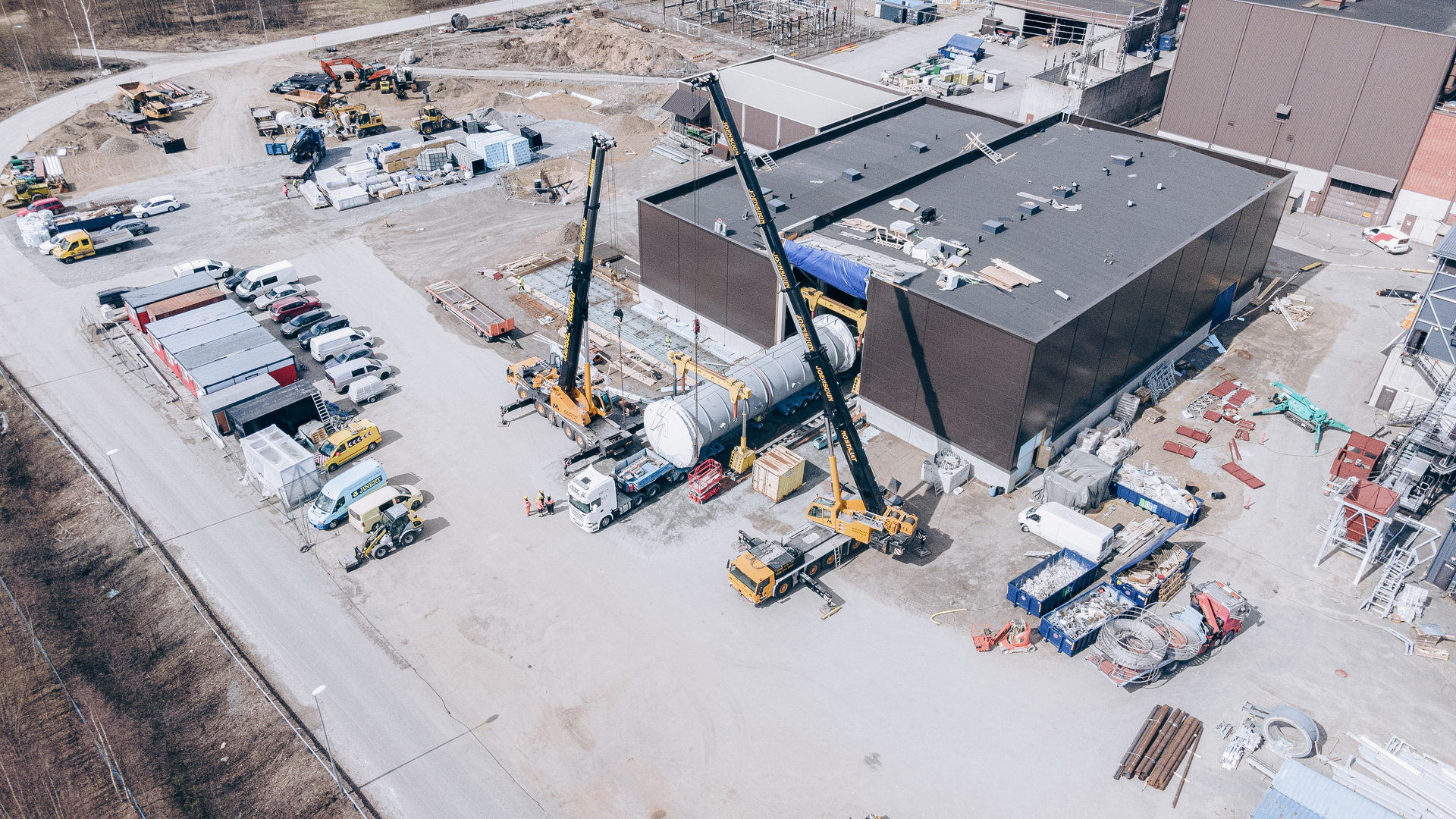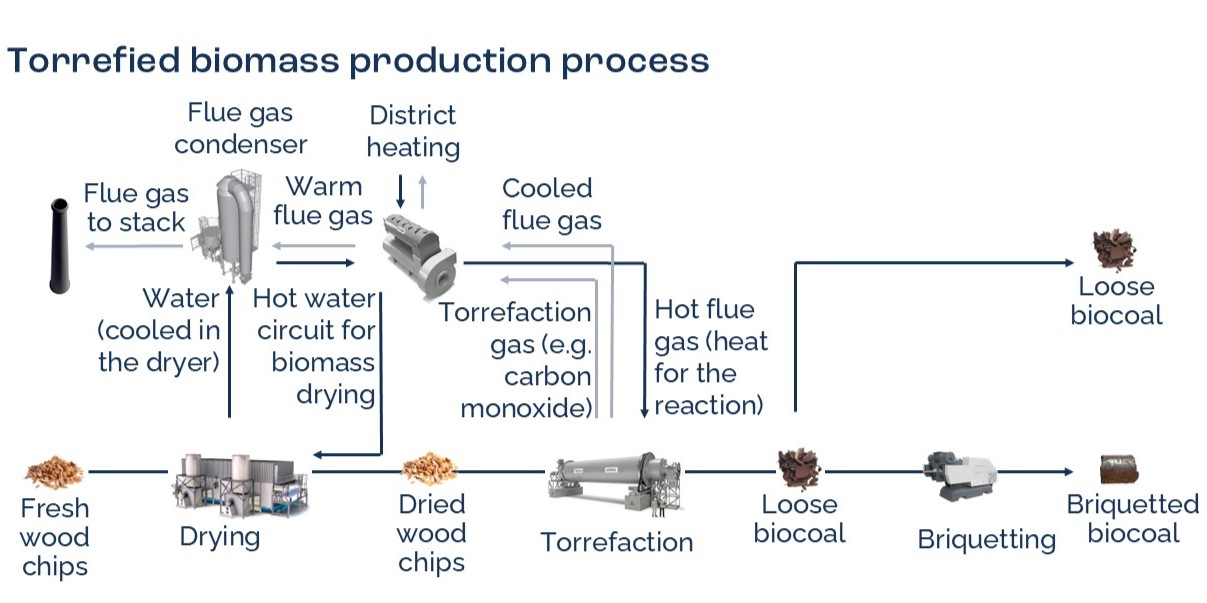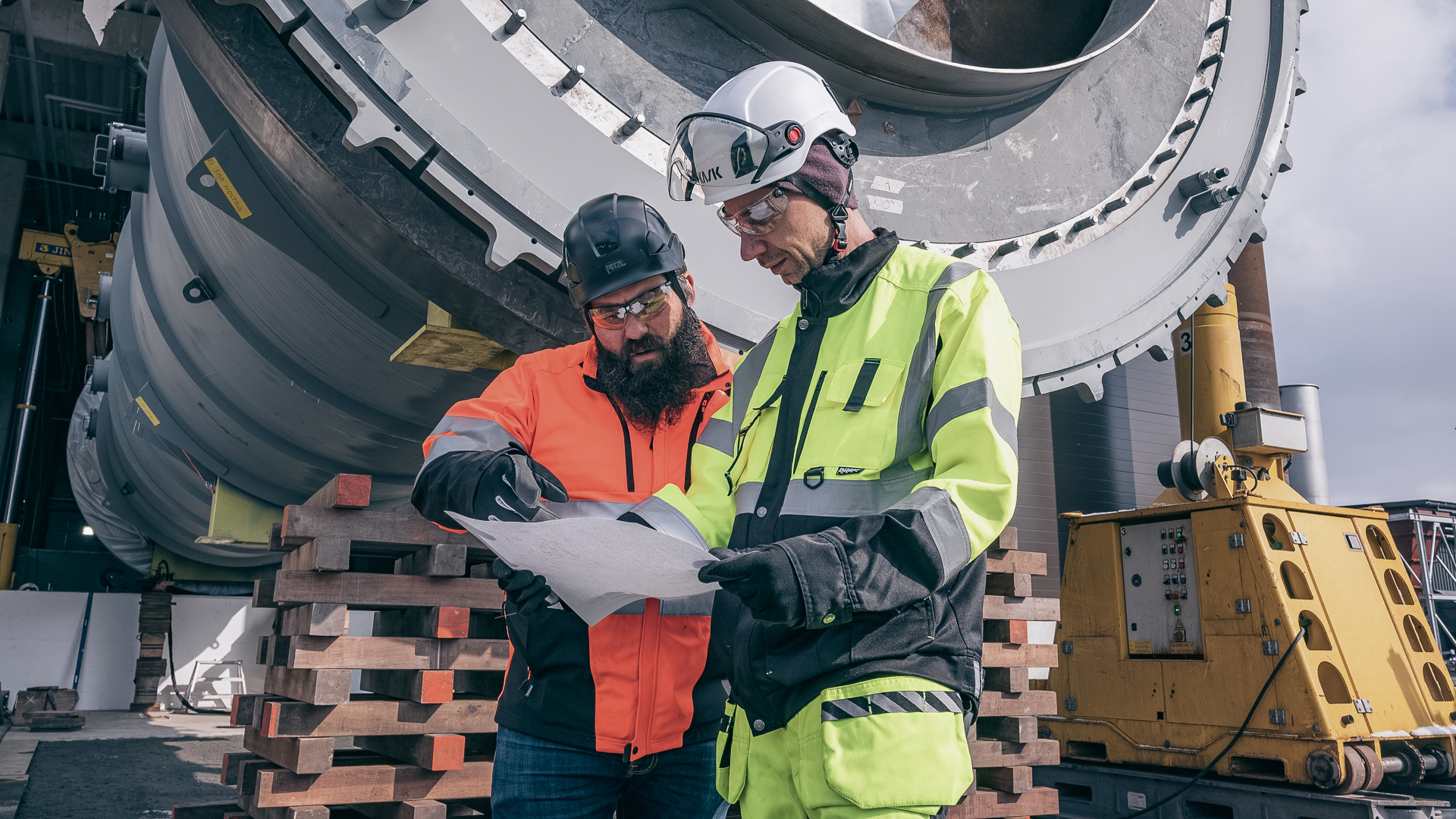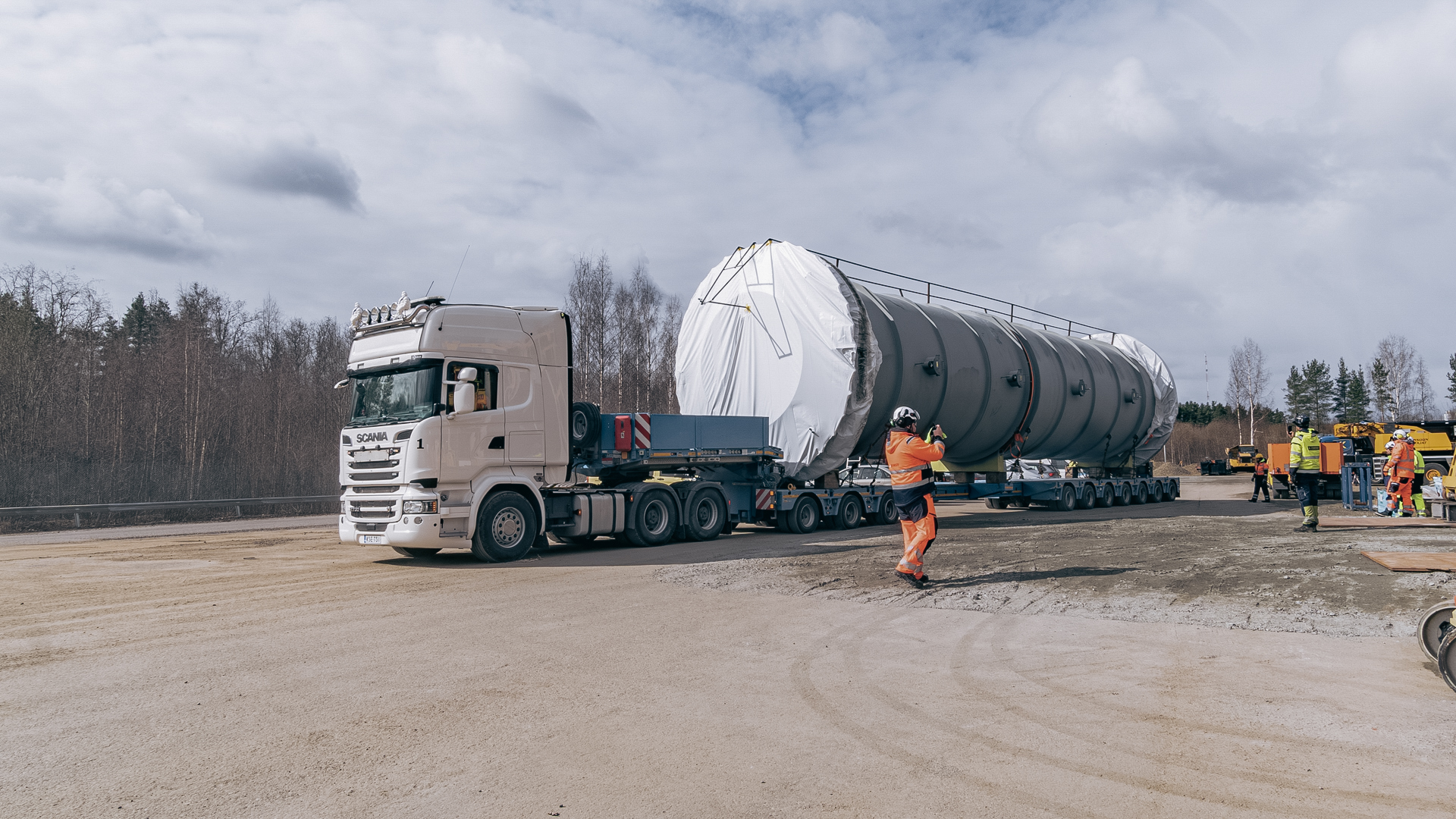27.08.2024
Taaleri Bioindustry is one of the world's first companies to develop a commercial-scale torrefied biomass production plant. Biocoal can replace coal, for example, in the steel and cement industries.
Years of development are paying off. The construction work of the torrefied biomass plant is in the final stages, and production will start in autumn in Joensuu, Finland.
The production facility will reach full capacity during 2025, says Juha Hyvärinen, Director of Biocoal Development at Taaleri Bioindustry.

Replacing coal
Torrefied biomass, also known as biocoal, is refined from biomass that lacks other industrial applications. Raw materials can include side streams from the forest industry, wood chips unsuitable for pulp production and lower-value wood from young forest thinning. According to Hyvärinen, such biomass has typically ended up being burned for energy purposes.
“The potential for refining forest industry side streams is wasted when biomass is burned. Now, we can produce a higher-value products from these side streams.”
Torrefied biomass can replace fossil raw materials and support hard-to-decarbonise industries such as steel and cement.
According to the European Commission's Joint Research Centre (JRC), the steel and iron industry and the cement industry are each responsible for approximately 7% of global CO2 emissions. Coal significantly contributes to emissions produced in these sectors. The emission reduction potential of biocoal is significant when it replaces coal in these sectors.
In addition, there are opportunities in activated carbon production where biocoal can replace peat or coal.

The chips are torrefied at around 300 degrees Celsius
The production of torrefied biomass starts by acquiring the raw material. Once the biomass is brought to the production facility and chipped to a suitable size, the fresh wood chips are dried on a belt dryer. After that, the dried wood chips are directed into a rotating drum-like reactor, where the temperature is approximately 250–350 °C (482–662 °F).
“The biomass is roasted in an oxygen-free environment. Instead of burning, the biomass chars.”

During torrefaction, gases are generated as a by-product, which are utilised in generating the heat needed for the process, such as drying the wood chips and heating the drum-like reactor. Excess heat can be used for district heating.
The resulting loose biocoal can be compressed into energy-dense briquettes, which facilitate transportation. One briquette is roughly the size of a soda can or a few stacked hockey pucks. Torrefied biomass has a slight tar-like smell.
"We are among the world's first to implement a commercial-scale biocoal production plant of this size."

The result of years of development
The culmination of several years of development is evident at the Joensuu production facility where the results of meticulous planning and execution are now bearing fruit. This achievement goes beyond the sustained development and implementation of the concept; it also reflects the comprehensive and enduring technological development undertaken by the reactor supplier.
"A winning recipe requires technology, demand, raw materials and expertise in capital. We have all these ingredients for a winning recipe."
According to Hyvärinen, crucial technical expertise during the planning and construction phases has been provided by Tero Saarno, Managing Director of Taaleri Bioindustry, and Project Director Iiro Tiilikainen. Juha Hyvärinen joined Taaleri Bioindustry's team in the spring. With over ten years of experience in the forest industry sector, including sales and logistics of sawmill by-products, he complements the team with his expertise in raw material procurement.
The Joensuu production facility requires approximately 200,000 m3 of raw material per year. Raw material and product transports amount to approximately 15–20 trucks per day based on operational days.
"A winning recipe requires technology, demand, raw materials and expertise in capital. We have all these ingredients for a winning recipe."
When completed, the Joensuu production facility will be the second largest biocoal production plant in Europe. Globally, Taaleri Bioindustry is also at the forefront.
"We are among the world's first to implement a commercial-scale biocoal production plant of this size."
